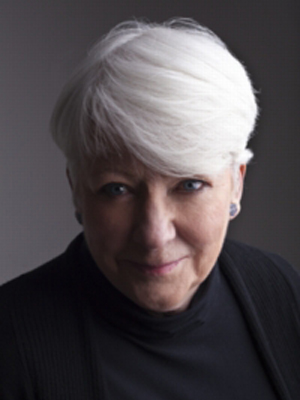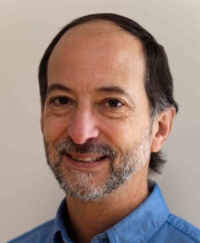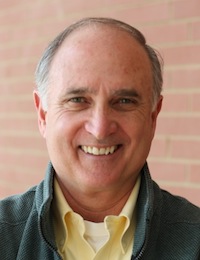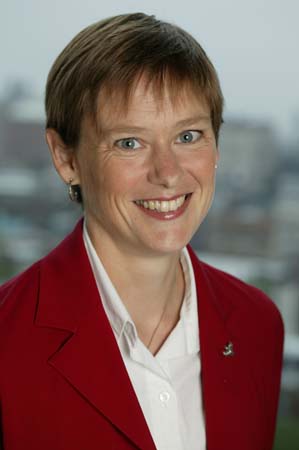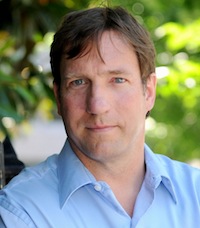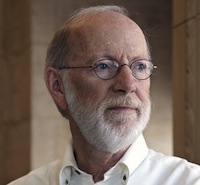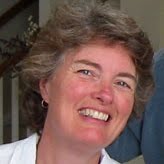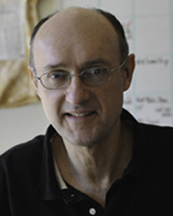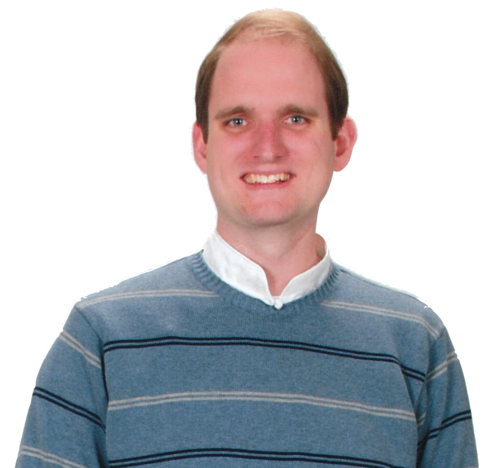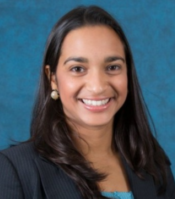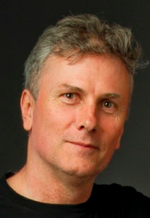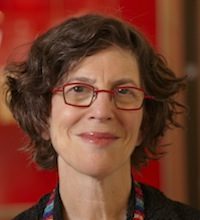The Resilient Design Institute is cosponsoring two upcoming workshops organized by the organization Built Environment Plus.
1. Boosting Organizational Resilience – April 14, 1:00 pm to 2:00 pm
Presented by Dr. Guy Sapirstein
Description:
In our industry, we think of resilience predominantly as a physical infrastructure issue – passive survivability, uninterrupted power supply, and managing storm surges and flooding. The other side of resilience is business continuity and the human aspect of organizational function. Our current experience with COVID-19 is truly emphasizing how critical it is to be prepared to address the human dimension and manage operations from that perspective.
This webinar will address the issues of enhancing organizational resilience during times of crisis in general and a pandemic in particular. In the current situation where most people are working remotely, a variety of business processes, and ‘cultural’ norms are adversely affected. We will discuss the three pillars of resilience: People, processes, places, with a focus on the people and people-related processes. A
Staff who are in managerial or leadership positions, will need to adapt leadership styles to accommodate the new reality of remote teams, and cultivate a stronger sense of team membership to facilitate productivity. In addition, staff will have the increased burden of balancing work obligations and home responsibilities (especially if they have younger children or others requiring more care).
The webinar will provide answers for the following questions:
1. What are the psychological principles that should guide engaging with employees throughout the process of dealing with crisis?
2. How can a “single point of failure” be avoided?
3. Which of our business processes are vulnerable to disruption?
4. How do we avoid burnout and employee turnover?
We will review practical “fixes” addressing issues related to communication; structuring the workday; and maintaining staff engagement. Finally, we will review strategies for self-care, personal resilience, and caring for others (employees, family members, etc.).
About Dr. Guy Sapirstein
With a PhD in Clinical Psychology, Guy has been on the cutting edge of applied social science for the past 20 years. Following the events of September 11, 2001 he began collaborating on the development of models for enhancing resilience through individual, community and organizational preparedness and response. Those models have been successfully implemented across the United States and internationally. Currently he splits his time between coaching clients on personal and organizational resilience, helping leaders implement strategies for resilience in their organizations, and providing resilience focused psychotherapy for individuals and couples.
An experienced speaker, Guy has presented at numerous conferences including the first UN sponsored International Strategy for Disaster Reduction conference in Davos, Switzerland. His articles have appeared in academic journals, trade publications and textbooks. Additionally, he co-authored several manuals (on crisis response and interventions) that have been translated into several languages and widely distributed by IBM Corporation as part of their crisis response following disasters in the USA, Pakistan, China, the Philippines and Haiti. Guy holds a PhD from the University of Connecticut and a BA in Social Studies from Bar-Ilan University in Israel.
The webinar is free, but requires registration. Click here for registration details.
2. Managing Change in Crisis – April 21, 1:00 to 2:00 pm
Presented by Barbra Batshalom
Managing change is a constant in business, but in these times, we are faced with more and faster changes with no way to predict what will happen from day to day. Pervasive uncertainty kills productivity and morale. Successful change management results from a combination of effective leadership, clear and targeted communication, team building, emotional intelligence and appropriate levels of transparency. Leaders need to create for employees as much safety and predictability as they can, as well as some level of perceived control in their lives. The practical tools and approaches shared in this webinar are useful all the time, and especially valuable during this pandemic and attendees will leave with immediately applicable strategies.
About Barbra Batshalom
Barbra has been a leader in the green building movement since 1998 when she left 12 years of traditional architecture practice to found The Green Roundtable (GRT) a nonprofit whose mission was making green building mainstream. GRT was the USGBC’s Affiliate in MA for 9 years and supported the growth of the LEED program.
Sustainable Performance Institute (SPI), originally a program of GRT, focuses on high-level interventions to institutionalize sustainability at the organizational level in processes, systems and policies nationally, working with companies to implement change management strategies and achieve measurable improvements in performance and profitability across their portfolios. SPI’s SMARTsustainability ™ program provides a framework to evaluate the capability of A/E/C firms to deliver consistent, high quality sustainability services and was adopted by HUD for affordable housing developers.
SPI’s transformative workshop programs have been delivered to hundreds of organizations nation-wide to help raise the bar on professional practice in the industry. Barbra is an adjunct professor teaching Sustainable Real Estate Development in Brandeis University’s International Business School. She has served on numerous boards, government task forces and committees to help develop public and corporate policies for sustainability and teaches courses on change management for sustainability for professionals around the world.
Her work focuses on the intersection of systems, processes and culture. With a diverse background of fine arts, social psychology and 20+ years in architecture and sustainability consulting, she brings a variety of skills to her work and a unique perspective engaging the human dynamics of decision-making and creative collaboration to technical work.
The webinar is free, but requires registration. Click here for registration details.






